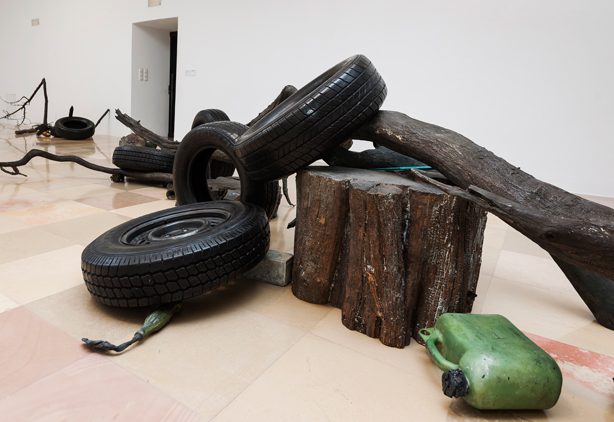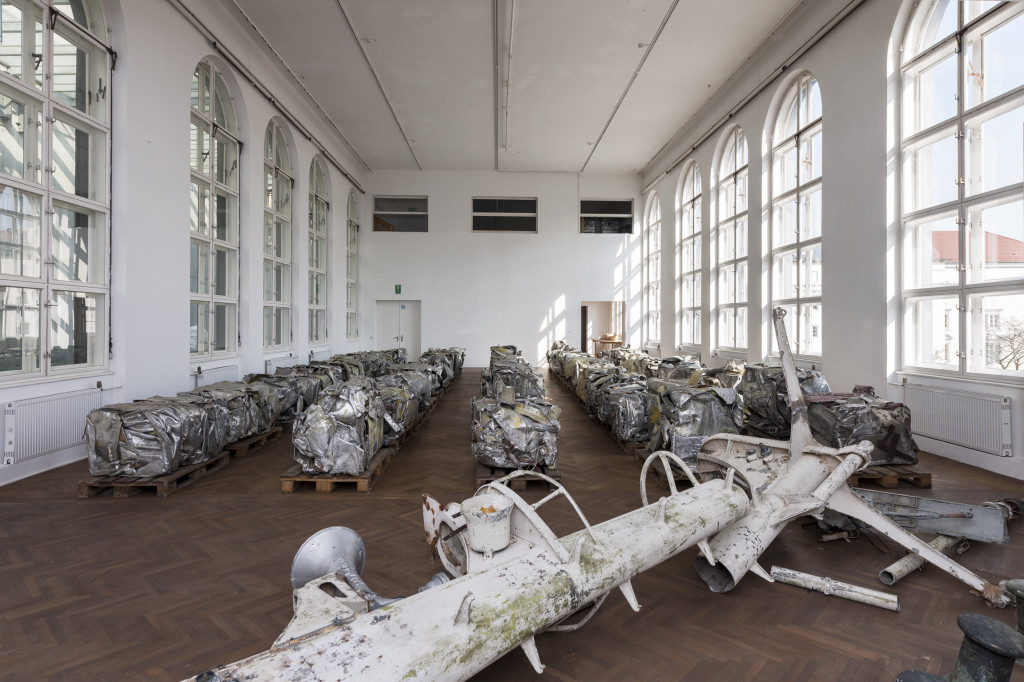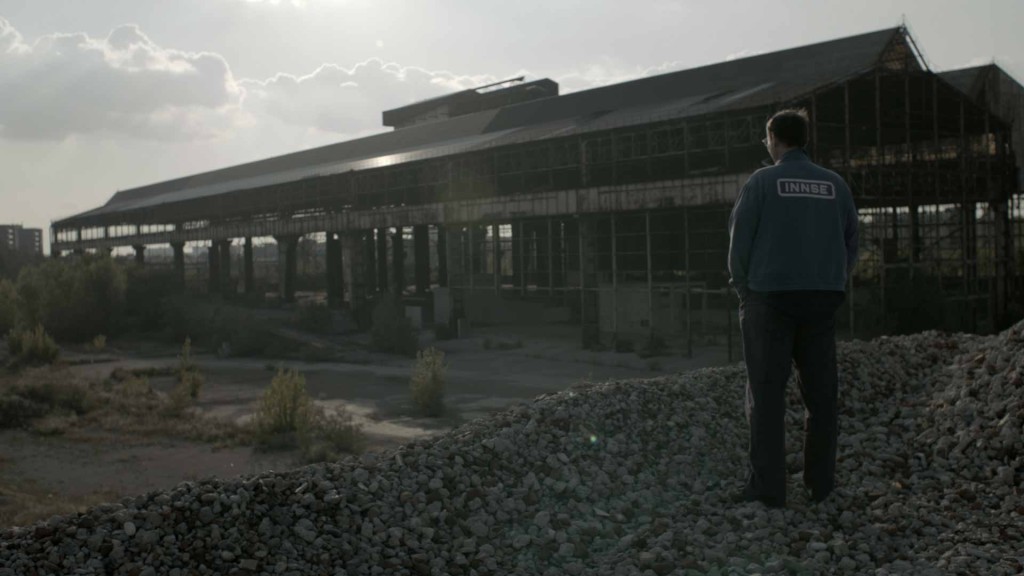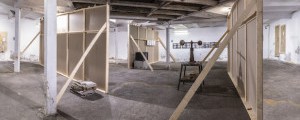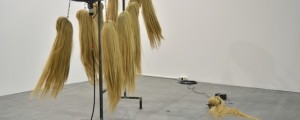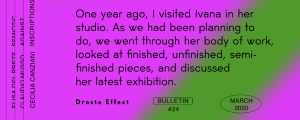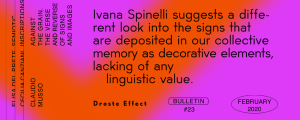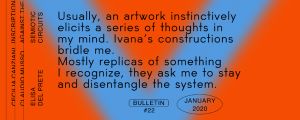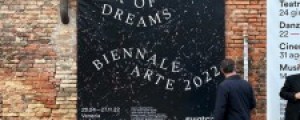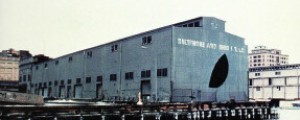Franco’s Boat and Crossing Europe – An international Film Festival in Linz
“I loved you so much once. I did. More than anything in the whole wide world. Imagine that. What a laugh that is now. Can you believe it? We were so intimate once upon a time I can’t believe it now. The memory of being that intimate with somebody. We were so intimate I could puke. I can’t imagine ever being that intimate with somebody else. I haven’t been.” I start by quoting Raymond Carver, Where I’m Calling From: New and Selected Stories, because in this period I am dealing with memories and nostalgia in a controversial way, as only Carver could do.
Thus I want to talk about Crossing Europe, an international Film Festival in Linz (Austria). The screening program is dedicated to contemporary and socio-political auteur cinema from Europe. The Festival plays an important role: in bringing new positions and developments in film art to a wider public for discussion, in curating programs and films that have no place in cinemas for economic reasons, and in giving them an audience. This also includes presenting films by a young generation of directors. But Crossing Europe has another specificity – it is held in a nice location, the Ober Österreich Kultur Quartier. The OÖ Kultur Quartier has a big square in which meeting and discussions on culture are privileged. This year, the OK Lab (Offenes Kulturhaus) took place at same time of the Crossing Europe Film Festival. OK Lab is a laboratory but also an exhibition series, in which artists are invited to carry out experimental work on site. With “emerging/young” Austrian artist Gabrielle Edlbauer and renowned Spanish artist Fernando Sánchez Castillo, OK presents two generations and poles of a contemporary engagement with sculpture. Both artists are concerned with the art of the three-dimensional, and move between realism and abstraction, though at the same time arguing about material and function in different ways – either as a monument or a usable object.
The spectator spends their time between cinematic experiences and art installations, and these events are unconnected only on surface. Crossing Europe Film Festival is an attractive and communicative platform for young filmmakers, cineasts and representatives of the film industry; a festival of manageable size, which centers around experiencing film in a relaxed atmosphere.
Monuments and emotionally charged political relics are the consistent theme of the works by Fernando Sánchez Castillo. Especially the more recent history of his home country, the era of dictator Franco – still a highly charged topic – provides him with material for ironic, provocative explorations.
This year at Crossing Europe Film Festival geopolitics and political instances were already present in its section Films in European Panorama Documentary 2014. The FEDEORA AWARD for European Documentaries went to Claire Simon and her Géographie Humaine (Human Geography), a series of brief meetings with individuals who recount their lives in just a few words before disappearing to take their trains – also a cartography of French and international mobility of migrants.
A special mention (CROSSING EUROPE SOCIAL AWARENESS AWARD for European Documentaries) went to Italian/USA film Dell’Arte della Guerra (On the Art of War) by Luca Bellino and Silvia Luzi, which tells us the story of four workers who climb a 20 meter high gantry crane inside the hangar of “INNSE”, the last active factory in Milan in the Summer of 2009. Dell’Arte della Guerra (On the Art of War) is on the one hand a long journey across the Italian workers movement and, on the other hand, a journey through the history of Italian factories.
Fernando Sánchez Castillo, Gabriele Edlbauer, OK | LABOR, curated by Genoveva Rückert. Crossing Europe Film Festival, Linz (Austria), February 28 to April 30, 2014.
by Vincenzo Estremo
in Focus on Europe
May 13, 2014





